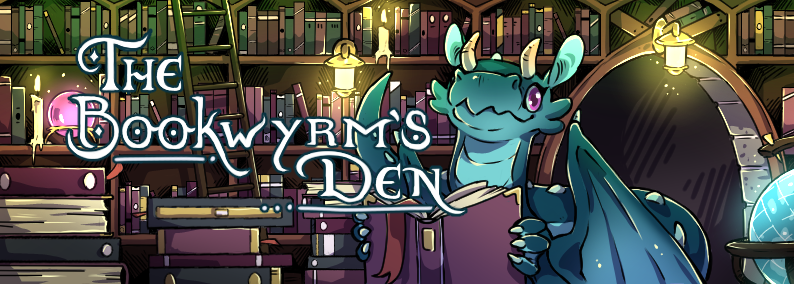
Rating: ★★★★☆
Genre: Mystery, Historical Fiction
Publisher: Berkley
Publication Date: April 3, 2018
Disclaimer: I received a free eARC copy of this from Penguin Random House First To Read in exchange for an honest review.

When a piano teacher is found dead, Sebastian St. Cyr has to decide if it was manslaughter or murder while being swept up into a deadly and dangerous plot that threatens not only his life but the stability of England.

When Hero Devlin first stumbles over the body of Jane Ambrose, her death appears to have been an accident. The ruling family is all too eager to sweep everything under the rug, but Viscount Devlin is determined to find the woman’s murderer, though whether it was cold-blooded murder or accidental manslaughter, he isn’t sure.
Nothing is as straightforward as it seems, though, as Sebastian finds himself pulled deeper into England’s secrets—ones that people are wont to keep quiet at any cost. Sebastian finds himself in the middle of a plot that has him receiving threats from some of the most powerful people in England. The one thing that’s become painfully clear is that Jane Ambrose was anything but merely a piano instructor.

☙ There’s a marvelous cast of leading characters here that really had me rooting for them. Since this is book 13 in a series, it’s pretty obvious that I’m attached to Sebastian at this point. I mean, I wouldn’t read him if I wasn’t, right? In this, though, he’s matched perfectly with his wife, Hero, who is every bit his equal in a time when women weren’t allowed to be smart and conniving. They’re a great power couple, and I just love their dynamic.
☙ Though murder is obviously at the forefront here, this book tackles so many other important issues that are every bit as relevant today as they were then. I mean, let’s face it, nobody likes a book that comes across as an after-school special. I’m not reading to be lectured to. But Why Kill The Innocent broached important topics like gender equality and the sad lot in life women faced in the early 1800s without beating the reader over the head with it. It felt natural and authentic, and the fact is really hammered home a couple times when characters point out if Jane had just been born a man…
☙ Even though she’s dead, I found that I really connected with Jane Ambrose. Which is a feat when a writer can make me remorseful that a person who dies on page, like, three is actually dead. The more entangled the investigation into her death became, the more the reader gets to know her, and the more I fell in love with everything that she was and the more tragic her death felt.
☙ The ending gave me so many feels. Ugh, I’m so torn. I mean, it’s a murder mystery, so I’m not sure anyone would go in expecting a happy ending because, you know, at least one person is dead. And if you’ve ever read a St. Cyr novel before, there’s never just one person dead by the end. Never. But I actually really liked this ending? It was tragic in all the right ways.

☙ The Frost Fair was neat, and I enjoyed learning about it, but it took up way too much screen time. I’m pretty sure I skimmed over these parts, because it just wasn’t that important to me. Someone else might really enjoy the setting building, but I don’t want pages upon pages spent on something that doesn’t actually end up tying into the plot in any way. That’s just me personally, but I felt like it really slowed things down and was a distraction more than anything else.

I’d highly recommend this book, or more accurately this whole series, for anyone who enjoys fast-paced murder mysteries. The culprit is never immediately clear, and you have to commit, because the book’s going to take you for a ride, for sure, which is part of what I love about the series. Despite being a part of the series, it works okay as a standalone. There’s things that you’ll miss, particularly in the way of character building and a bit of backstory, but each book is designed to be more or less a standalone. I don’t have much negative to say about this. I read it quickly because I really had to know what poor Jane had gotten herself into. Oh the tangled webs we weave. What I loved most about this is the ethical and societal questions that are raised as far as class and gender and so many other things. There was so much packed in between the murder that I enjoyed almost as much as the mystery, and the story focused on three strong women defying the restraints placed on them by their society, which was delightful.

Have you read any of the St. Cyr books? What did you think? When you read historical fiction, how much impact do you expect major historical events, like the Frost Fair, to have on a story, or do you just expect them to be there for accuracy?



I started this one yesterday and am flying through it!
Oh yay! I’d love to hear what you think when you’re done! I definitely think the series just gets better as it goes on, and I’m sad that now I have to actually wait for the next one.